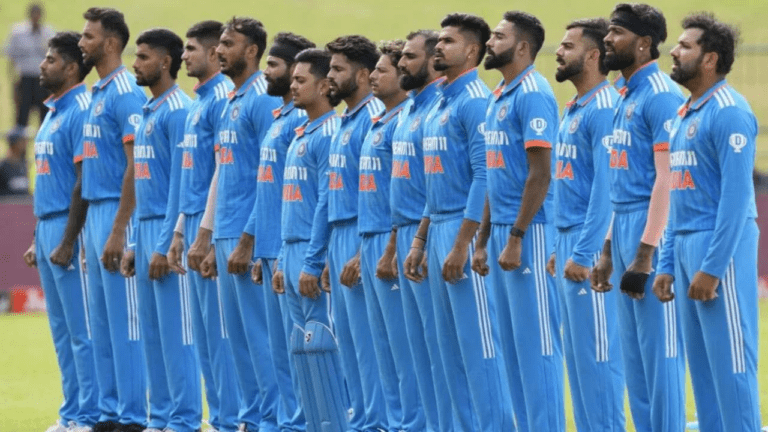IPL and Social Media: Engaging the Fans
Play99exch, Allpaanel: Successful sports marketing in today’s digital age heavily relies on the power of social media. Platforms like Twitter, Facebook, and Instagram offer a direct line of communication between sports teams, athletes, and their fan base. Through strategic use of these platforms, teams can engage with their audience in real-time, building a sense of community and loyalty that goes beyond the game itself.
One of the most significant advantages of social media in sports marketing is its ability to reach a global audience instantly and efficiently. Whether it’s sharing game highlights, behind-the-scenes footage, or exclusive interviews, social media allows teams to connect with fans across the world and tailor their content to suit different demographics and preferences. This level of targeted communication not only increases fan engagement but also opens up new revenue streams through sponsored content and partnerships.
Building a Strong Fan Base through Social Media Engagement
When it comes to sports marketing, the role of social media in building a strong fan base cannot be overlooked. Platforms like Instagram, Twitter, and Facebook provide a direct channel for teams and athletes to engage with their fans in real time. Through engaging content such as behind-the-scenes footage, player interviews, and interactive polls, teams can create a sense of community and belonging among their followers.
By utilizing social media platforms effectively, sports organizations can foster a sense of loyalty and connection with their fans. Regular updates on upcoming games, player performances, and team news keep followers informed and engaged, ultimately leading to increased support and enthusiasm for the team. Additionally, social media allows for instant feedback and interaction, enabling fans to feel heard and valued by the team they support.
Utilizing Social Media Platforms to Connect with Fans
Social media platforms have revolutionized the way sports teams and organizations engage with their fan base. Through channels like Instagram, Twitter, and Facebook, teams can provide real-time updates, behind-the-scenes content, and interactive experiences that foster a sense of community amongst fans. By directly communicating with followers through comments, direct messages, and live chats, sports teams can personalize interactions and make fans feel valued and connected to their favorite players and teams.
Moreover, social media platforms offer a unique opportunity for sports organizations to gather feedback, conduct polls, and gain insights into fan preferences and interests. By analyzing engagement metrics and monitoring conversations, teams can tailor their content and marketing strategies to better resonate with their audience. This two-way dialogue fosters a sense of inclusivity and involvement among fans, ultimately strengthening their loyalty and connection to the team.







